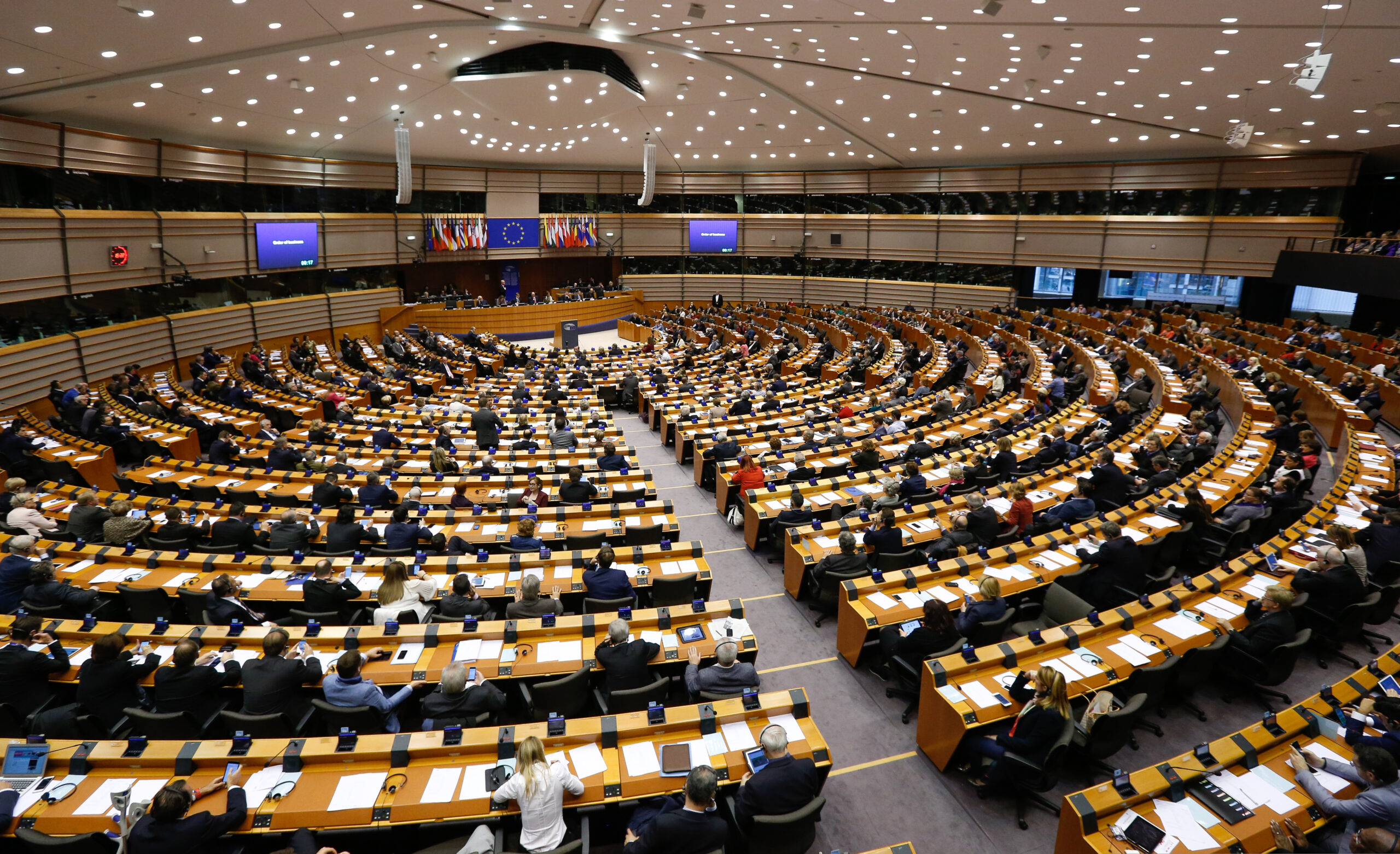The European Parliament took a significant step forward in regulating the artificial intelligence (AI) sector, as it approved a draft legislation on Wednesday.
This is the world’s first instance of a legal framework being developed for AI.
Following this, European institutions will now negotiate to finalize their stances, aiming to adopt the AI Act early next year and implement it by 2026.
The proposed legislation classifies AI risks into four categories: “unacceptable,” “high,” “limited,” or “minimal.”
AI systems deemed to present unacceptable risks, including those assessed to manipulate vulnerable populations, contribute to predictive policing systems, or employ biometric categorization based on race, gender, religion, or ethnicity, will be prohibited.

High-risk AI will require evaluation before being introduced to the market and throughout their operational cycles.
AI with limited risk will need to meet transparency standards, such as informing users about their interaction with AI.
Generative AI, such as ChatGPT, will be subject to particular requirements, like disclosing its role in content creation, not producing illegal content, and publishing summaries of copyrighted data used for AI training.
OpenAI’s CEO, Sam Altman, an advocate for AI regulation, has acknowledged the need for managing AI risks while harnessing its potential for enhancing living standards.
Companies in violation of the implemented rules could face penalties amounting to 7% of their annual turnover or 30 million euros ($32.4 million), whichever is greater, as per the draft legislation.
Europe’s progress in formulating legislation covering the entire AI sector is closely observed worldwide.
While China recently announced a draft law to regulate the generative AI sector, the U.S. is still in talks with AI experts to determine the best regulatory approach.
As negotiations among the European Commission, the European Council, and the European Parliament continue, further revisions of the law are expected due to their varying perspectives on several aspects.

